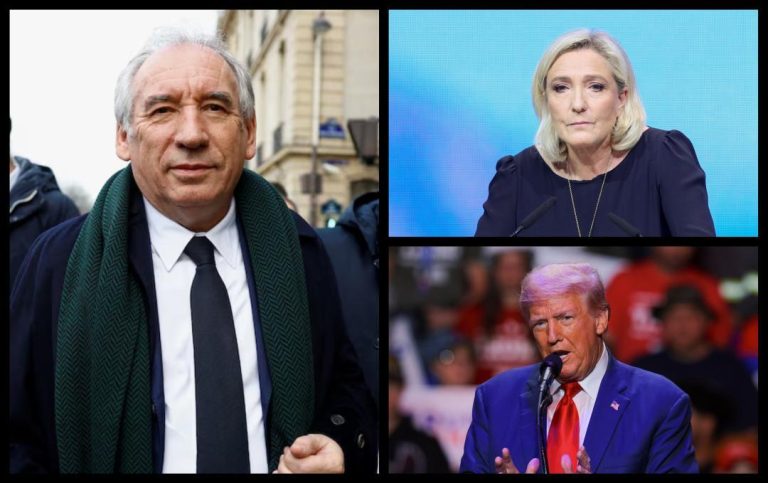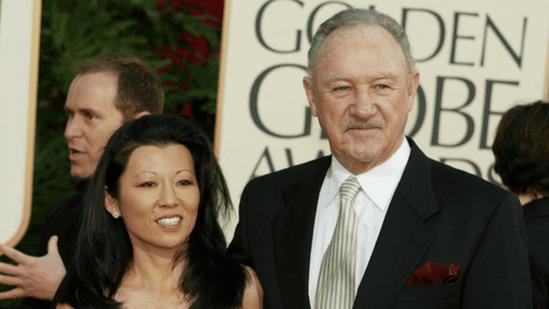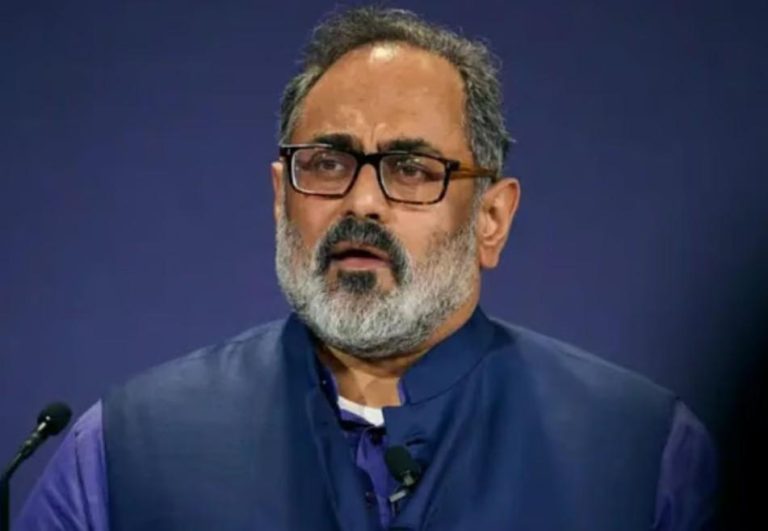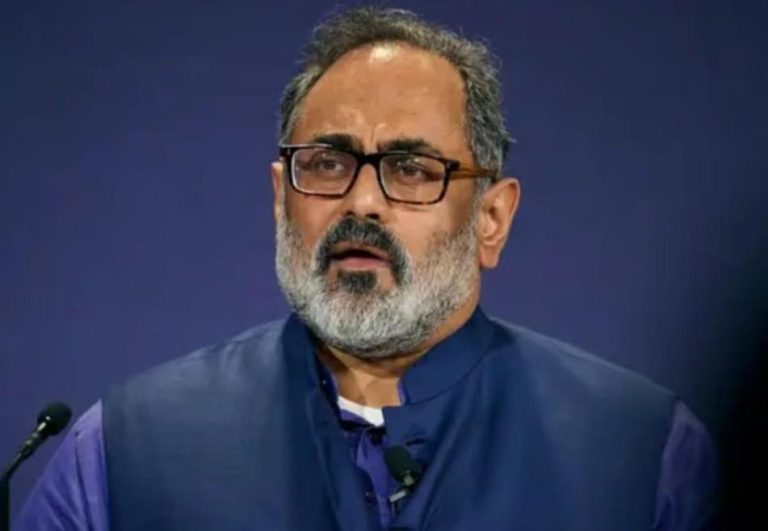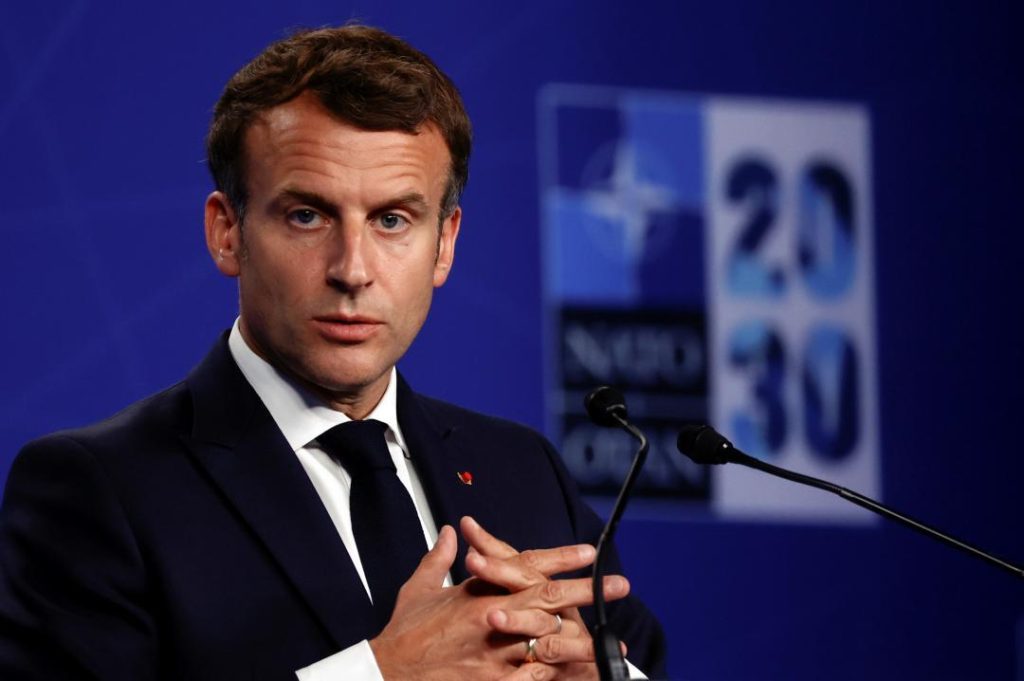
We Don’t Ban Tech Due to Its Place of Origin: Macron on DeepSeek
In a surprising move, French President Emmanuel Macron has taken a dig at the United States, saying that his country does not ban technology based on its place of origin. This statement comes amidst growing tensions between the two nations, particularly with regards to China’s technology sector.
Macron’s comments were made in response to the recent ban imposed by the US government on China’s DeepSeek, a maritime surveillance system that uses artificial intelligence to track ships and detect potential threats. The US has been increasingly cautious about Chinese technology, citing national security concerns.
However, Macron seems to be taking a different approach. In an interview, he stated, “We look into it carefully if our sovereignty is at stake. But we don’t have this American approach” of shunning technology based on its origin. He emphasized that France does not ban technology simply because of where it comes from.
This statement is significant, as it highlights the differing approaches taken by the two nations when it comes to technology and national security. The US has been imposing restrictions on Chinese technology in recent years, citing concerns about data privacy and national security. China has been accused of using its technology to spy on other countries and gain an upper hand in international trade and politics.
On the other hand, Macron’s stance suggests that France is more willing to engage with Chinese technology, at least in certain cases. DeepSeek, the system banned by the US, is a civilian-led project that uses AI to track ships and detect potential threats. It is not clear whether the French government has reviewed the system’s security protocols, but Macron’s statement suggests that France is not opposed to using Chinese technology in certain contexts.
Macron’s comments have also sparked debate about the role of technology in international relations. Some experts argue that the US has been overly cautious in its approach to Chinese technology, citing concerns about national security and data privacy. Others argue that the US has a responsibility to protect its citizens and its national interests, even if it means imposing restrictions on certain technologies.
In contrast, Macron’s approach suggests that France is more willing to take a pragmatic approach to technology, considering the potential benefits and drawbacks of using certain systems. This stance may be seen as more nuanced and balanced, particularly in an era where technology is increasingly intertwined with international relations.
The implications of Macron’s statement are significant, particularly in light of the growing tensions between the US and China. The US has been pushing other countries to adopt similar restrictions on Chinese technology, citing concerns about national security and data privacy. France’s approach, on the other hand, suggests that there may be alternative ways to address these concerns, particularly if they are based on a more nuanced understanding of the technology in question.
In conclusion, Macron’s statement on DeepSeek highlights the differing approaches taken by the US and France when it comes to technology and national security. While the US has been imposing restrictions on Chinese technology, Macron’s stance suggests that France is more willing to engage with Chinese technology, at least in certain contexts. This debate has significant implications for international relations, particularly in an era where technology is increasingly intertwined with global politics.

